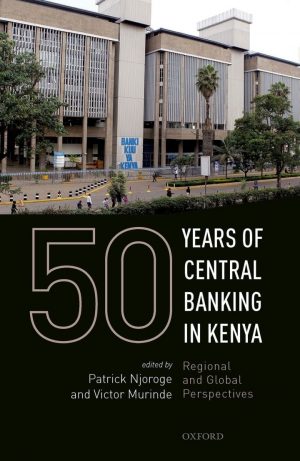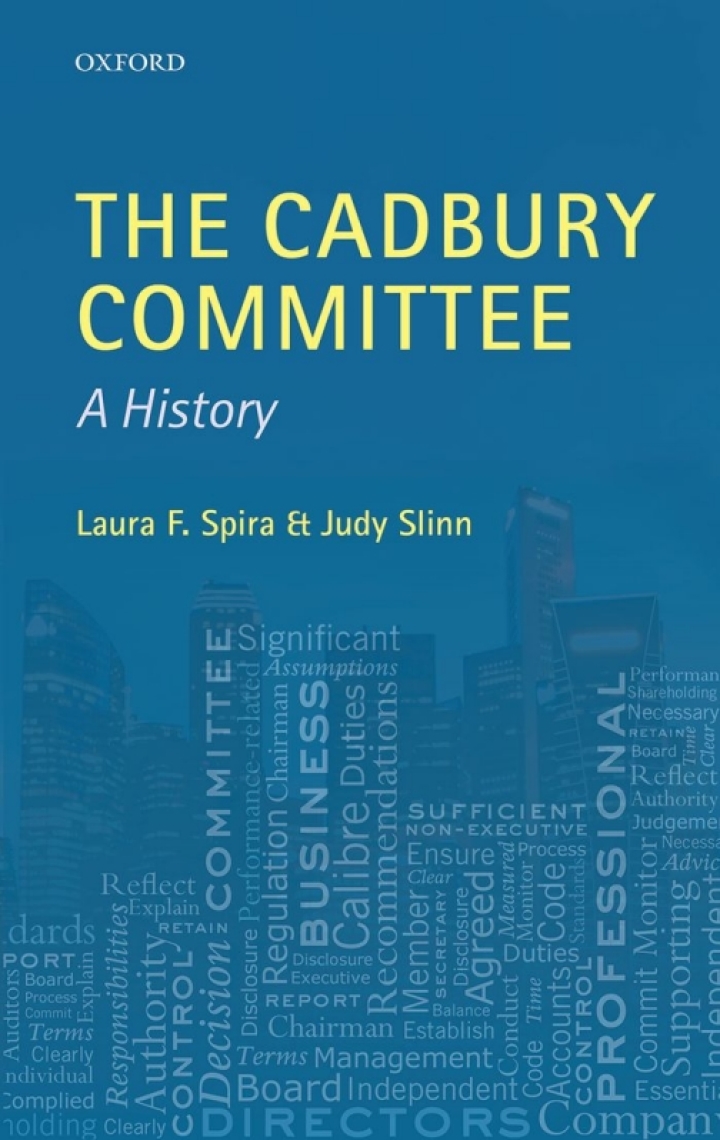The Cadbury Committee A History
$30.88
Attention: This is just ebook, Access Codes or any other Supplements excluded! / File Delivery: Sent Via Email within 24 hours!
SKU: e4fb48972377
Category: Law Textbooks
Description
-
Author(s)Laura F. Spira; Judy Slinn
-
PublisherOUP Oxford
-
FormatPDF
-
Print ISBN
9780199592197, 0199592195 -
eText ISBN
9780199592197, 0199592195 -
Edition
-
Copyright
- Details
The Committee on the Financial Aspects of Corporate Governance, better known as the Cadbury Committee, was set up in May 1991 to address the concerns increasingly voiced at that time about how UK companies dealt with financial reporting and accountability and the wider implications of this. The Committee was sponsored by the London Stock Exchange, the Financial Reporting Council, and the accountancy profession, and published its final report and recommendations in December 1992. Central to these was a Code of Best Practice and the requirement for companies to comply or to explain to their shareholders why they had not done so. The recommendations and the Code provided the foundation for the current system of corporate governance in the UK and have proved very influential in corporate governance developments throughout the world. While academics and practitioners have explored and discussed the developments in corporate governance since 1992, little attention has been paid to the processes of code and policy development. This book explores the origins of the Committee, provides rich insights in to the way in which it worked, and documents the reaction to the publication of the Committee’s report. The issues which the Committee addressed are still of great concern: the complex relationships through which corporations are held to account have profound effects on all our lives. The Committee provided a framework for thinking about these issues and established a process through which such thinking could be articulated and continue to evolve. This book represents a major contribution to the history of the development of UK corporate governance in the late twentieth century: the why, how, what, and when of governance development.
Related products
-

Business and Investment in Brazil Law and Practice
Rated 0 out of 5$66.62 Add to cart -

A Theory of International Organization
Rated 0 out of 5$11.05 Add to cart -

Atiyah’s Introduction to the Law of Contract 6th Edition
Rated 0 out of 5$30.88 Add to cart -

50 Years of Central Banking in Kenya
Rated 0 out of 5$40.62 Add to cart

